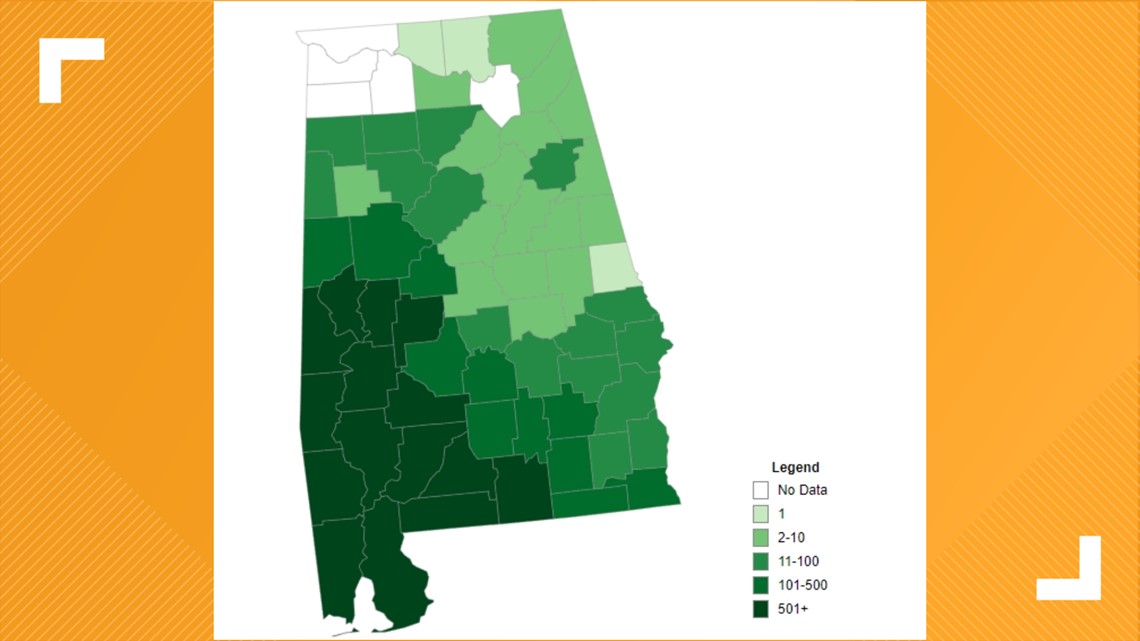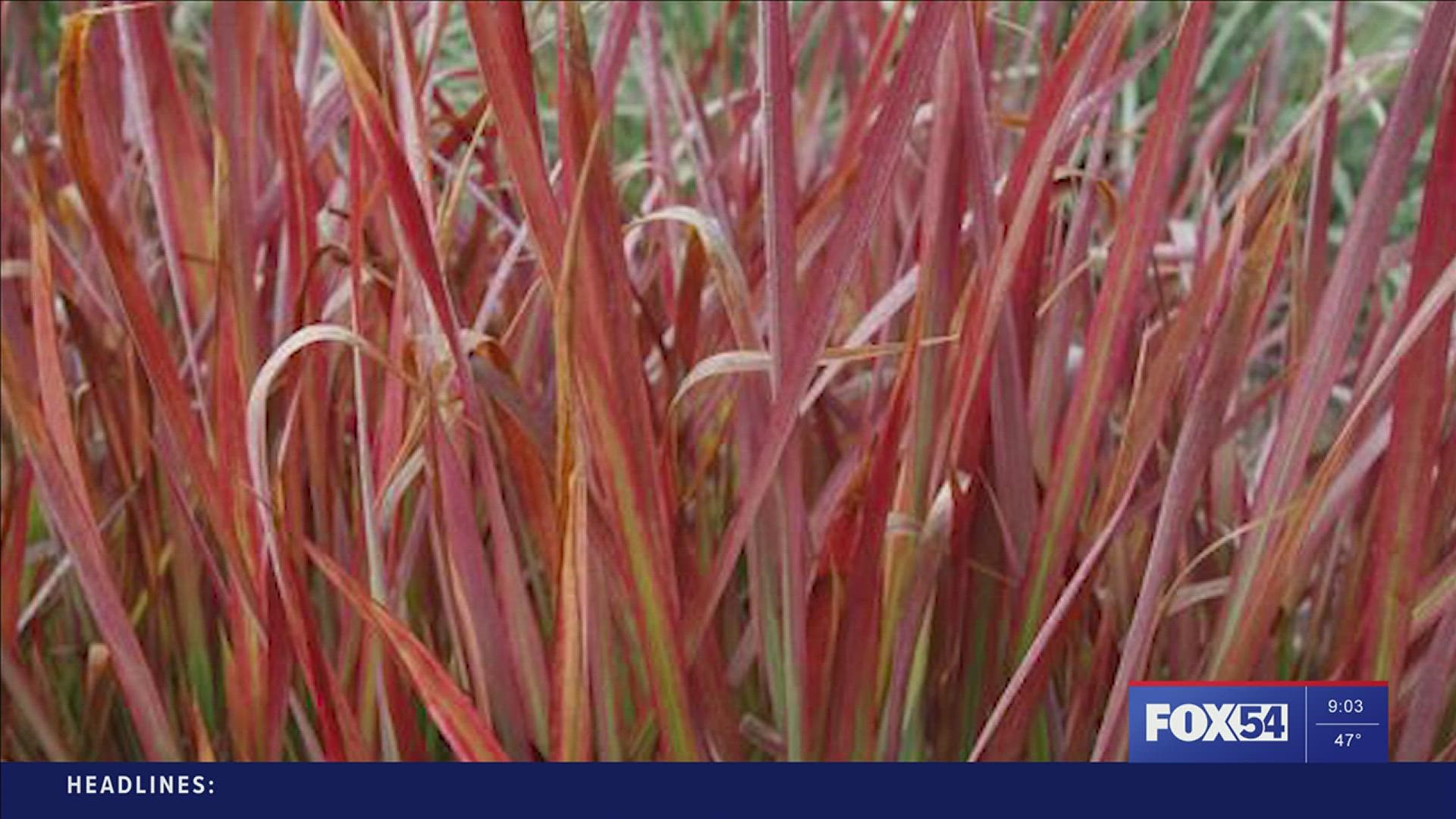HUNTSVILLE, Ala. — We live, play, even take care of it month after month - grass!
While in most cases grass is harmless, there are some species of grass, Cogongrass specifically, that can be hazardous to our industries and ecosystem.
This invasive species has now infested more than 75% of Alabama's counties.
It was introduced in the U.S. Back in 1911 as packing material in the port of Mobile but in the decades since it has greatly expanded and become more dangerous.
Although as of right now, the southern part of the state is getting the brunt of it...


"The top 1/3 of the state has a few patches here and there and so we're trying to control it from spreading north, into the north area and into other states as well," said Plant and Pest Survey Coordinator, Alabama Department of Agriculture and Industries, Brittaney Allen.
Not only does this pesky grass impact people's front yards, it also impacts taxpayers' wallets.
"It's very expensive to treat. They cost about $300 per acre to treat and right now we're looking at about $60 million in taxpayer funds to control and treat Cogongrass and that's mainly just on rightaways, that doesn't include homeowner and landowner property," said Allen.
If you're having a hard time visualizing the effects of an invasive plant, think of Kudzu, an invasive species that has already made the U.S. its home.
"Kudzu has really gotten out of hand, so it's something that we don't try to treat. But with Cogongrass, it really impedes on agricultural industries and our natural ecosystems. So we're really trying to do everything we can to control it while we have the chance," said Allen.
As Allen mentioned, part of the reason we want to control this grass is because of the agricultural obstacles it creates.
"Livestock cannot really eat or digest Cogongrass, they really kind of avoid it and it's not something that we want in our hay. A lot of times if hay farmers have Cogongrass in their pastures, the seeds will get in the hay and then when they transport it, they're just spreading Cogongrass to another area," said Allen.
As well as the environmental impacts it brings on...
"It can choke out young pines, and that can be a real issue. It also inhibits the growth of native plants. So, a lot of the native plants that we see in our natural ecosystem won't be there much longer if we continue to let Cogongrass get out of control," said Allen.
The Alabama Department of Agriculture and Industries (ADAI) has initiated a new social media campaign to raise awareness of the dangers cogongrass poses to the state.
With agriculture and natural ecosystems at risk, ADAI is calling on Alabamians to recognize this threat and share the information.
Visit www.alcogongrass.com to learn how to spot cogongrass and report it when it blooms again in the spring.
To report cogongrass, call (334) 240-7225, or use the SEEDN (Southeast Early Detection Network) app, downloadable for Apple and Android devices at www.alcogongrass.com.

